
‘Look Through the Camera, Not at the Camera’: Rankin’s Photography Advice
The legendary British photographer Rankin has shared an interesting piece of practical advice for photographers.

The legendary British photographer Rankin has shared an interesting piece of practical advice for photographers.
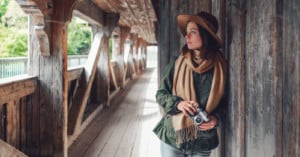
Sharing photographic work online for the world to view has become an integral part of the modern photographer's workflow, whether they are a hobbyist or a professional. This inspiring 9-minute video, however, challenges the notion of sharing work online and argues that it might actually benefit photographers to focus on their craft instead.
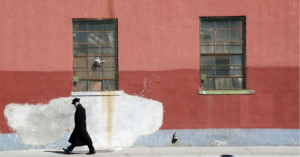
Photographers will sometimes wonder why someone standing right next to them can find the perfect photograph, but they are left wondering how they even saw it to begin with. This short nine-minute video discusses how to learn to see those "secret" moments that can be easily missed.
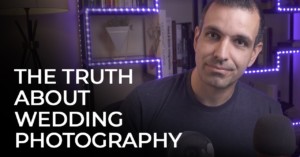
Photographer Pye Jirsa of SLR Lounge recently put together a video that every budding wedding photographer should watch. It's basically his version of "7 things I wish I'd known when I first started out as a wedding photographer," and it answers some of the most common questions (and dispels some common myths) about this popular genre.

I love looking in detail at another photographer’s work. To immerse yourself in someone else’s creativity—to see what their ideas spark inside of you, what excites you, what makes you sit up and think 'Wow, that’s really cool!'—that’s all great fuel for your own photography.
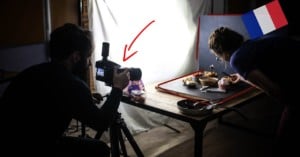
When photographers are just starting out in their careers, they tend to make the same set of mistakes that cost them work and, therefore, money. In this short 4.5-minute video, photographer Scott Choucino cites five mistakes that held his career back and urges you not to make them yourself.
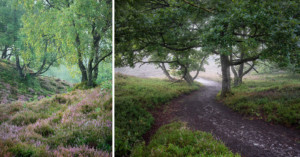
Landscape photographer and YouTuber Mads Peter Iversen is back with another helpful tips video. This time, he's covering a very important subject that many beginners fail to properly appreciate when they're just starting out: how to create depth in your landscape imagery.
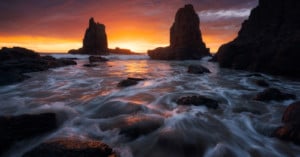
During the global lockdown, many landscape photographers who would normally be traveling the world and leading workshops have found themselves cooped up at home. Away from their element on location and with an abundance of free time, they’ve joined the online circuit of photography webinars, panels and interviews.

Commercial photographer and educator Karl Taylor is a working pro with an impressive portfolio to his name and major brands on his CV. So it came as a surprise when he declared recently that he hasn't used a light meter in 15 years... and explained why you shouldn't be using one either.
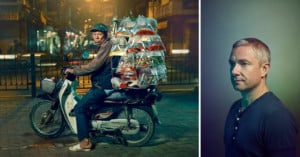
When you’re very early in your photography career, getting an agent will seem like a mysterious process. Many photographers feel that signing with an agent will offer the key to their fortunes. When they do sign, some photographers will feel they have finally made it.
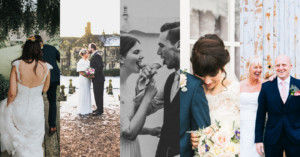
One thing I've realized over the past few years as a professional wedding photographer is there are not many people, guides, or information out there on how you should approach a career as a pro wedding photographer.
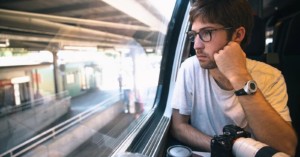
In this article, I discuss some of the different things that I've personally decided are bad ideas as an artist. Let's dive in.
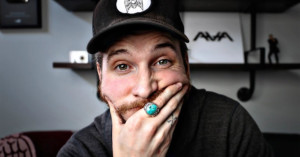
It’s easy to obsess over gear. We all love new toys, and it’s natural to lust over that hot new mirrorless camera or convince yourself that a lens upgrade is going to take your photos to the next level. But amid the onslaught of pretty-looking shots and gear reviews, never forget: story is king.

What can you learn from shooting the same product over and over (and over) again for many years? That's what photographer Peter McKinnon had to do for work the last 7 years, and in this video he explains how those years taught him to shoot and think more creatively than his competition.
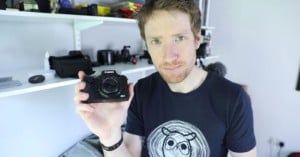
UK-based landscape photographer and beloved vlogger Thomas Heaton has an important message for fellow photogs: never let worrying about your gear keep you from going out and shooting.
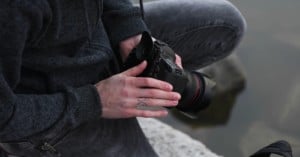
No matter your current skill level, you could (and should) always be getting better. And if you ever find yourself in a creative rut—as we all do from time to time—watch this video. Photographer and filmmaker Peter McKinnon thinks he knows why you're struggling, and how to get out.

Tim Tadder is a wildly successful commercial photographer in a time when the term "wildly successful photographer" sounds like an oxymoron. So RGG EDU went to Tim's house and asked him 18 questions about the photo industry, which Tim answered while playing some leisurely putt putt in his backyard.
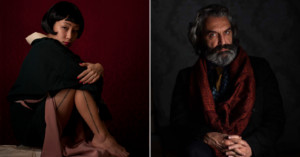
I am often asked how I manage to photograph a celebrity in a few minutes or what is the best way to shoot a good portrait. Here is my list of hints for shooting better portraits.
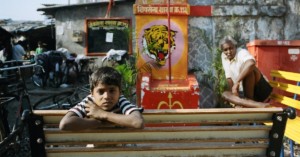
One of my passions in life is travel. I love to travel, experience new cultures, try new foods, meet new people and, of course, take photos while I’m traveling.
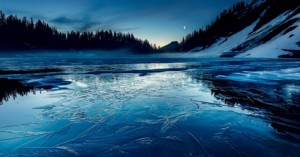
I've been doing this long enough that I honestly can't remember why or how I started. I mean, I remember my origin story... but as an adult I also know that is probably a distillation and summary of what exactly went on. There are no easy lessons now.
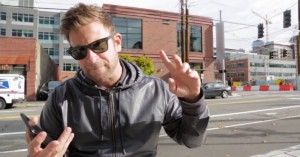
It's an age-old question: how are you supposed to get hired as a photographer when clients are only looking for photographers who already have experience? World-renowned photographer and entrepreneur Chase Jarvis has an answer for you.

Photographer and CreativeLive founder Chase Jarvis dropped a serious truth bomb in this short clip from one of his classes. And the bomb is this: you will never turn a $500 client into a $5,000 client... the best thing you can do is move on and find a new, $5,000 client.

Disclaimer: This ain't a guide to Pokemon Go.
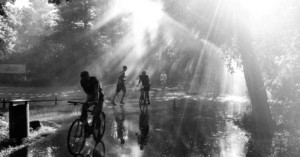
What is the best camera for street photography? What do you recommend? That is the question I get asked most.
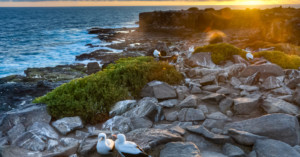
While shooting in the Galapagos Islands a few years ago, a friend said to me, "Dennis, you shoot from the heart." We had been traveling together for several days by then and this was the beginning of one of many conversations we had about photography.
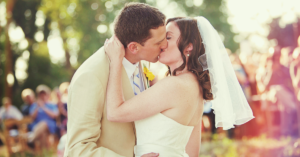
I have to admit, when I first started my photography business I didn’t think it was going to be that difficult. I thought I’d get a camera, take some photos, put some stuff out on Facebook and people would start hiring me. They would give me money, I would give them photos—done deal! How tough could it be?
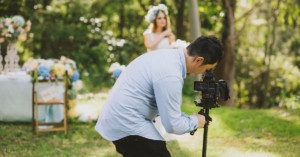
I was honoured to wrap-up another bridal-inspired editorial shoot where I was paid for my expertise. Having been a wedding photographer for 5+ years, I can say with certainty that it has taken 2+ years of hustling to be welcomed into the inner circle of a few select Sydney florists, stylists, hair stylists and makeup artists. Being invited to shoot an editorial campaign is one thing, being paid for the privilege is another.
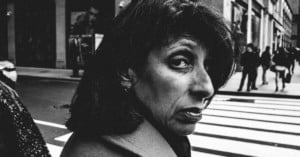
Many of us started photography quite innocently— with small compact point-and-shoots, a smartphone, or a disposable film camera. The main advantage was that we didn’t need to think about all the technical settings when we made images—rather, we focused on capturing the “decisive moment”, the framing and composition as well as the emotional content within the frame.